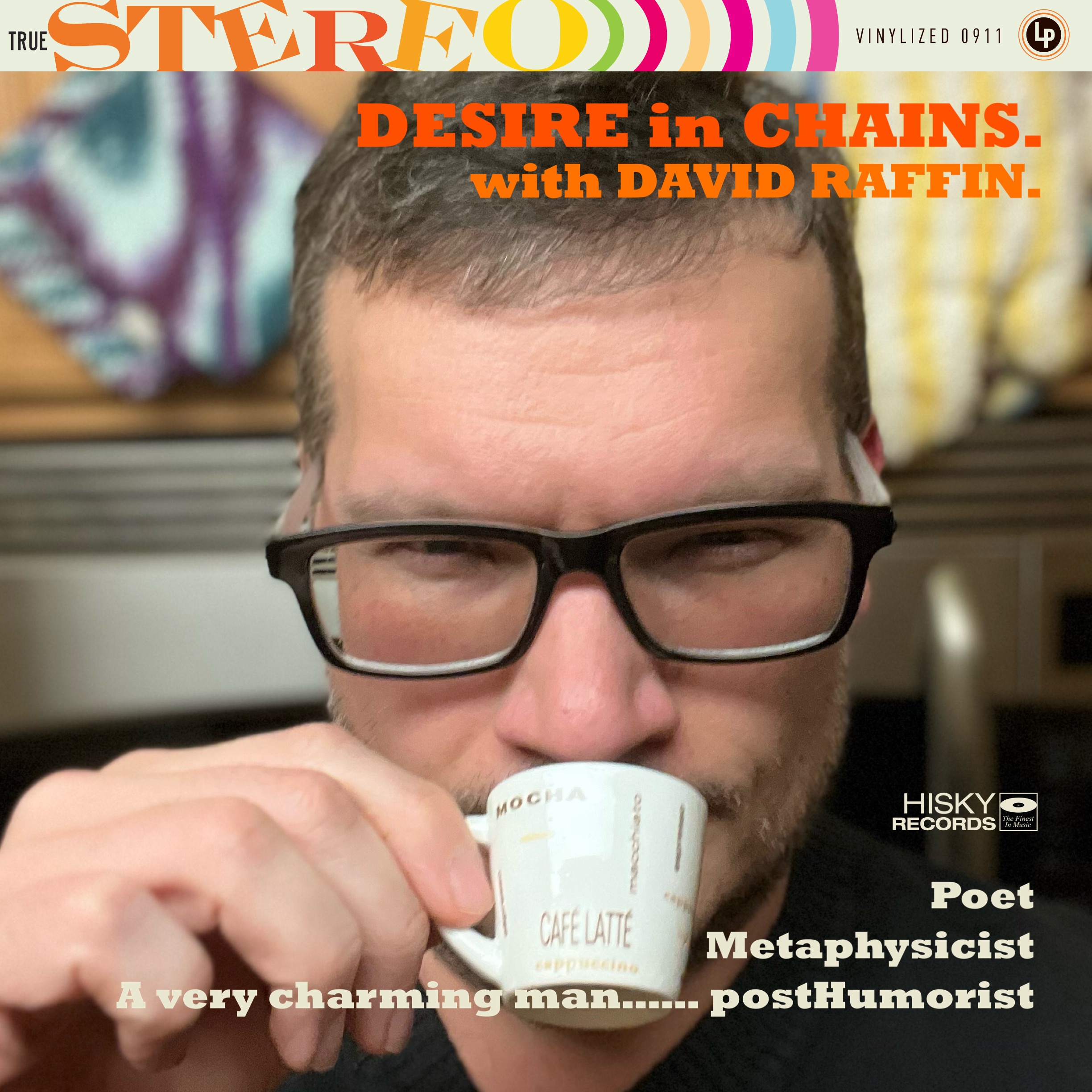Disclaimer: This article is about a communist plot.
Recently in Portland, OR I waited in line to sit on the communist bench. The bench is so popular, at least it was that day, I waited an hour and the man on it never left. He sat there, reading a newspaper, like he owned it. This might require revolution.
The problem is, there are not enough communist benches to go around.
This bench, which looks just like the other, empty, benches in Washington Park is communist simply because it is dedicated to Portland’s homegrown communist revolutionary, John Reed. Reed was a journalist who traveled the world covering war and strikes. When in Russia in 1917 he wrote a book about the Russian Revolution 10 Days that Shook the World. He returned to the USA and formed the first of two rival Communist parties in the USA, which soon merged.
The bench says little of this. It just says he was a writer and bears a quote about the beauty of the local area. It mentions his book but provides no context. It should bear a quote more in line with the spirit of Reed:
“All I know is that my happiness is built on the misery of others, so that I eat because others go hungry, that I am clothed when other people go almost naked through the frozen cities in winter; and that fact poisons me, disturbs my serenity, makes me write propaganda when I would rather play…”
Reed died in 1920 in the Soviet Union, at the age of 32, and is buried at the Kremlin Wall. The Multi-Oscar winning 1981 film Reds is about his life. Some of the action in my short story More Than One Day in the Life of Igor Igoravitch takes place “at the Kremlin wall, near the grave of John Reed.”
[See also A Taste of Justice by John Reed, a short article.]

















 RSS - Posts
RSS - Posts

